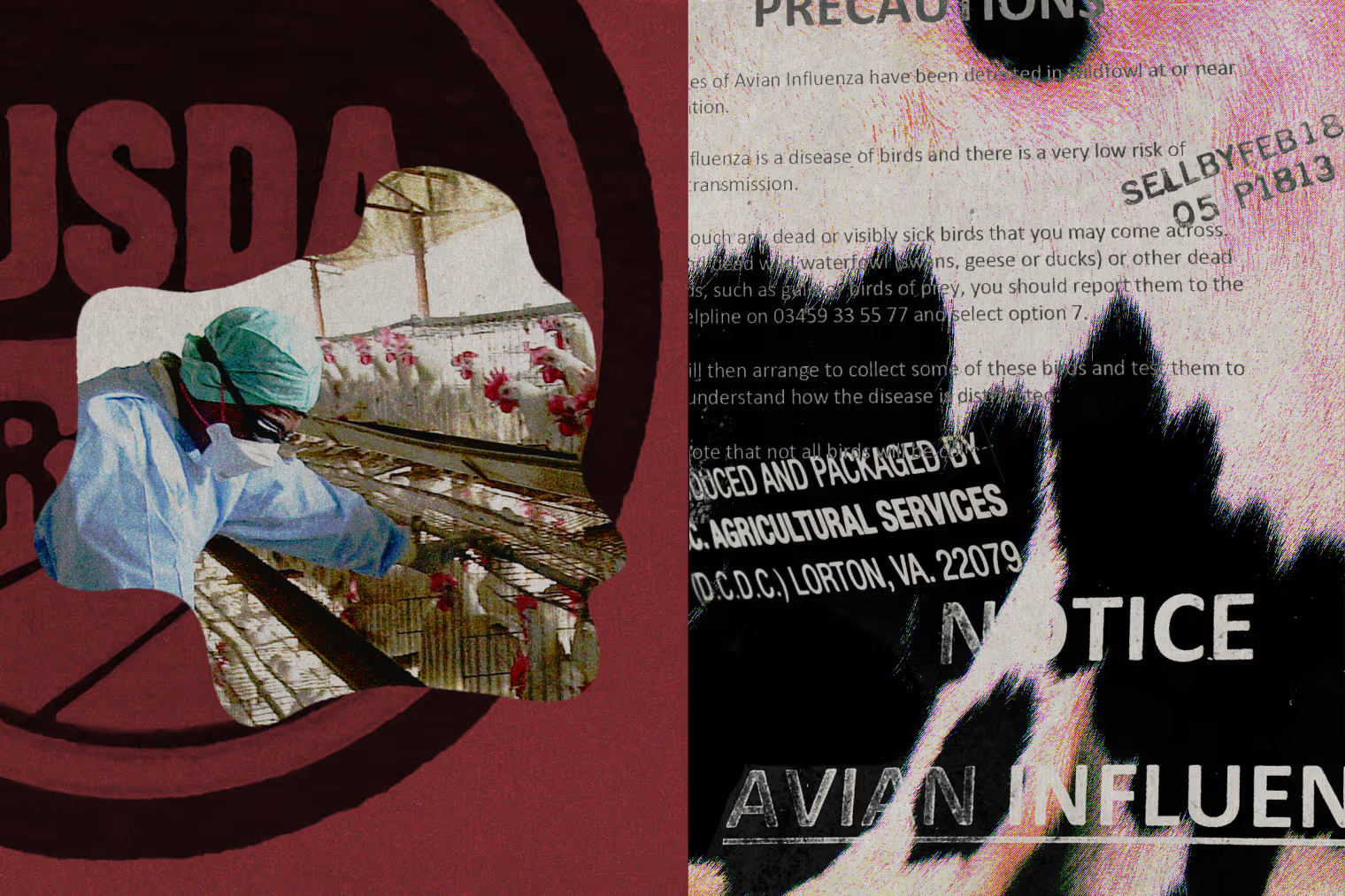Three of America’s top milk-producing states aren’t a part of federal surveillance testing for bird flu even as a new variant is turning up in dairy cattle, in what some public health experts say is a troubling gap in the national effort to identify and detect the spread of the virus.
The U.S. Agriculture Department started a voluntary milk-testing program in December after the virus was found to have jumped to cattle in March. The recent outbreak of avian influenza in the United States was first detected in 2022, but has picked up steam over the last year, decimating poultry farms nationwide, killing tens of millions of birds and driving up the price of eggs
The U.S. Agriculture Department started a voluntary milk-testing program in December after the virus was found to have jumped to cattle in March. The recent outbreak of avian influenza in the United States was first detected in 2022, but has picked up steam over the last year, decimating poultry farms nationwide, killing tens of millions of birds and driving up the price of eggs.
While the risk to humans remains low, many public and animal health experts argue that broad, nationwide testing of milk is critical to containing virus cases that might otherwise go undetected, giving the variants more opportunities to spread to animals — and to humans.
“It is incredibly difficult to control a disease of national importance unless we have a robust surveillance system in place,” said Dr. K. Fred Gingrich II, executive director of the American Association of Bovine Practitioners, which represents cow veterinarians.
“If we were testing every dairy, I don’t think you’d have any cases slipping through the cracks.”
Yet Texas, Wisconsin and Idaho, three of the country’s top five milk-producing states, aren’t participating in the voluntary federal testing program. And though efforts are underway to get them on board, it’s not clear when they will join or how long it will take.





















